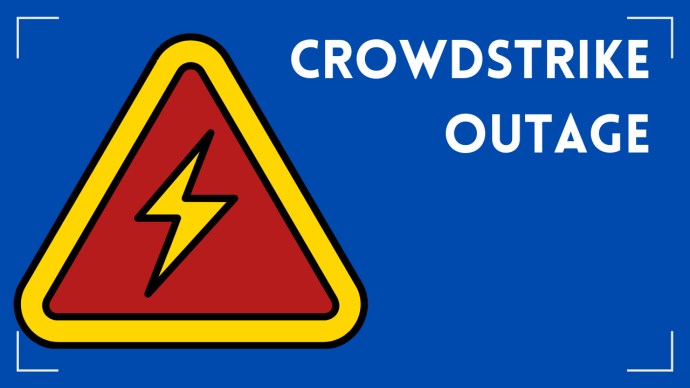If it seems like every time you turn around there’s another article about the importance of Internet and computer security, you’re right. The dangers of the Internet continue to change as hackers grow more sophisticated. The need to protect your business’ network and files can never be overstated. Downtime will be the least of your problems if a hacker gains access to your company’s most confidential files and starts stealing clients’ identities or siphoning off your hard earned profits.
The following tips, offered by Jason Fell for The Daily Dose could help you know what to do and where to start.
- What needs to be protected? In my opinion, everything you store on a computer or mobile device needs to be protected. Your clients’ and employees’ personal information should absolutely be protected by encryption, passwords, firewalls and anything else you can think of.
- Speaking of passwords, make them complicated. Part of making passwords complicated is either making them as impersonal as possible and/or complicated. Include numbers, symbols and a mix of capital and lower case letters. Long words or phrases increase the difficulty level. Change passwords periodically and if you have to write them down, don’t keep them taped to the underside of your computer monitor or desk drawer. That’s like hiding your house key under a flower pot on your porch. It’s the first place a thief would look.
- Of course, you need to have a backup plan. If disaster strikes, regardless of its form, you need to have an established, well-rehearsed backup recovery plan. Don’t wait until you need lost files to find out whether or not they were indeed properly backed up and that you can actually recover and use them.
- Use encryption. If you allow employees to store important company files on portable devices like laptops, tablets and smart phones, then make sure those files are encrypted as well as password protected. That way, if a device should get lost or stolen, your important business files will most likely remain safely hidden from prying eyes. Even if important files never get transferred to mobile devices, encrypt them, just in case someone finds a way to infiltrate your network.
- Security software is your friend. Protect all company devices with security software, even smart phones. Viruses and malware can infect smart phones just as easily as they infect computers. Use firewall protection as well. Avoid using public Wi-Fi connections whenever possible.
- Upgrade regularly. Anytime your security software needs to be upgraded, do so. Some software programs have automatic updating options so that you always have the latest protection against the latest threats.
- Training, training, training. If you don’t teach your employees how to recognize phishing scams and get them in the habit of using passwords, encryption and security software, then they’re not going to know what to do.
No matter how large or small your business may be, you need to protect it from hackers. But keep in mind, that more businesses have their important data compromised unwittingly by ignorant employees. Don’t let this happen to your business. The time and money you spend on establishing stronger cyber security measures will payoff in the long run.



